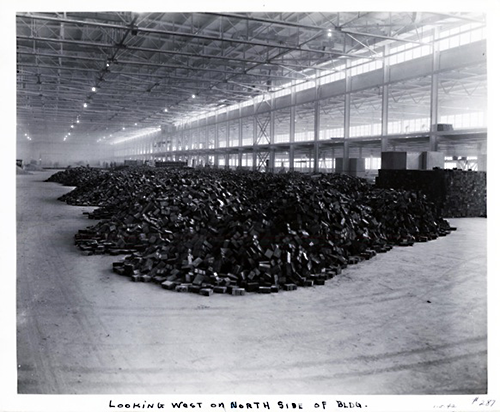Upper Level Seminar: Albert Kahn in Detroit

The industrial architect Albert Kahn (1869-1942) was an early pioneer of reinforced concrete construction and industrial architecture, and he made significant contributions to technical and aesthetic developments in both in the early twentieth century. His work also included highrise buildings, religious structures, homes, clubs, and university and civic buildings—including many at the University of Michigan. But his name is forever associated with Henry Ford and the architecture of American automation, thanks to his pioneering work at the Ford plants in Highland Park and River Rouge. In addition, Kahn provided the drawings and services for over 500 factories in the Soviet Union between 1929 and 1932. We will work closely with drawings and archival records at the Bentley Library and Albert Kahn Associates, from the firm's foundation until the architect's death in the midst of World War II. In addition to studying Kahn, we will sketch a contextual history of industrial architecture, as both a kind of building, and as a manner of organizing architectural production. We will theorize machine production and the material properties of factory buildings and their output through the work of Karl Marx, Antonio Gramsci, Moritz Kahn, David Harvey, Terry Smith, and Michael Mahoney.
Exhibition. This course is an exploratory research seminar for an Albert Kahn exhibition that will take place in 2017 or 2018. Students will do primary research with archival materials, and may be encouraged to tackle projects that extend beyond the bounds of the class. The class will include extensive work in the Bentley here at UM, and in the Kahn record depot in Detroit.
Estimated Cost of Materials: Less than $100
HISTART category for concentration distributions: D. Europe and the US, 4. Modern and Contemporary